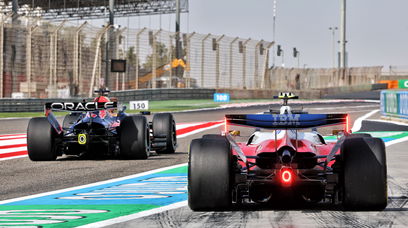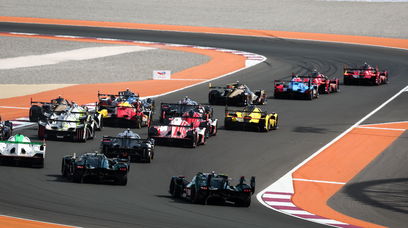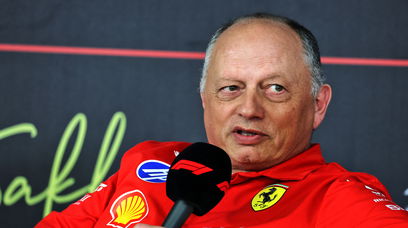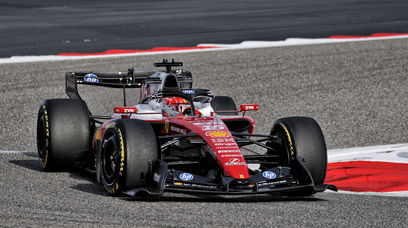Some of the Formula 1 team bosses have ruled out being in favour of any changes to the rules to take crash damage factors into consideration. In 2021, the first year of the new budget cap, an issue has arisen where some teams have been hit with significant costs of repairing their cars after incidents and accidents that were not necessarily their own fault. For instance, in Hungary, Red Bull suffered terminal damage to Sergio Perez's car and engine, as well as hefty aerodynamic damage on Max Verstappen's car, after being hit at the start of the race by an out of control McLaren. That McLaren was being driven by Lando Norris, who himself was eliminated from the race in that incident after being hit from behind by Mercedes' Valtteri Bottas. The Finn was the catalyst of the drama, and was given a grid penalty for this weekend's Belgian Grand Prix as a result. As well as Norris, McLaren suffered expensive damage on Daniel Ricciardo's car, while Ferrari had Charles Leclerc knocked out with terminal damage. Earlier, at Silverstone, Red Bull also picked up hugely significant damage on Verstappen's car, having been hit by Mercedes' Lewis Hamilton at Copse. The conversation around the possibility of changing the rules in order to compensate teams for crash damage based on steward's verdicts on accidents, or even removing crash damage from the budget cap completely, has come into focus in light of these recent accidents. "I made our position clear already after the race in Hungary," McLaren's Andreas Seidl told media when asked by RacingNews365.com on Friday in Belgium. "The budget cap has been discussed in length between all teams in the past, I think there was never a discussion about the budget cap being a zero crash budget cap. It's simply down to us to make sure when we go into a season that we have a certain amount of the budget reserved for potential issues, be they crash or reliability issues. "Then you have to manage that going through the season. I think that's the challenge we are all in. I hear all the noise from the usual protagonists or suspects. But I guess... our position is clear." Despite having had his two cars pick up damage while being innocent of any wrongdoing, Seidl said he doesn't want to see any changes to how crashes are assessed. "I think it will also be going completely against the objective of the budget cap if we open the door again, now for some kind of jokers, or allowances for crashes or going into the topic of the guilty party paying the bill," he added. Alpine's CEO Laurent Rossi was of the same mindset as Seidl. With Esteban Ocon capitalising on the chaos in Hungary and winning his first F1 race, Rossi said it's on the teams to ensure they have budgeted the possibility of crashes into their financial considerations during a year. "You have to manage your budget, and weave it for the crashes and the spare parts and whatever you need for a regular season," Rossi said. "I agree also on the fact that trying to have a part being deemed responsible, it's going to be quite difficult. We saw lately that there's been some crashes, and the jury's still out on whether it was the one driver or the other's fault. So it would take forever to just settle the arguments. I guess it's easier the way it's been designed and we should keep at it." Aston Martin's Otmar Szafnauer also said things need to be left the way they are. His driver, Lance Stroll, was the trigger behind the incident that eliminated Leclerc and Ricciardo in Hungary, and Szafnauer said the finger-pointing in the wake of accidents would make it very difficult to keep things fair for the purposes of the budget cap. "I don't think there's much more to say. Apart from we had lengthy discussions before the budget cap was finalised about this topic," he said. "Everybody agreed at the time that crash damage was something that you couldn't specifically or precisely plan for, but you had to have some kind of allowance. And it's exactly what we should be doing in the future. And if you allow too much of an allowance, then that's what you have to do. "But as for trying to figure out who the guilty party is, almost every crash, everyone's pointing the finger at each other. So we just need to leave it the way it is."
Most read







